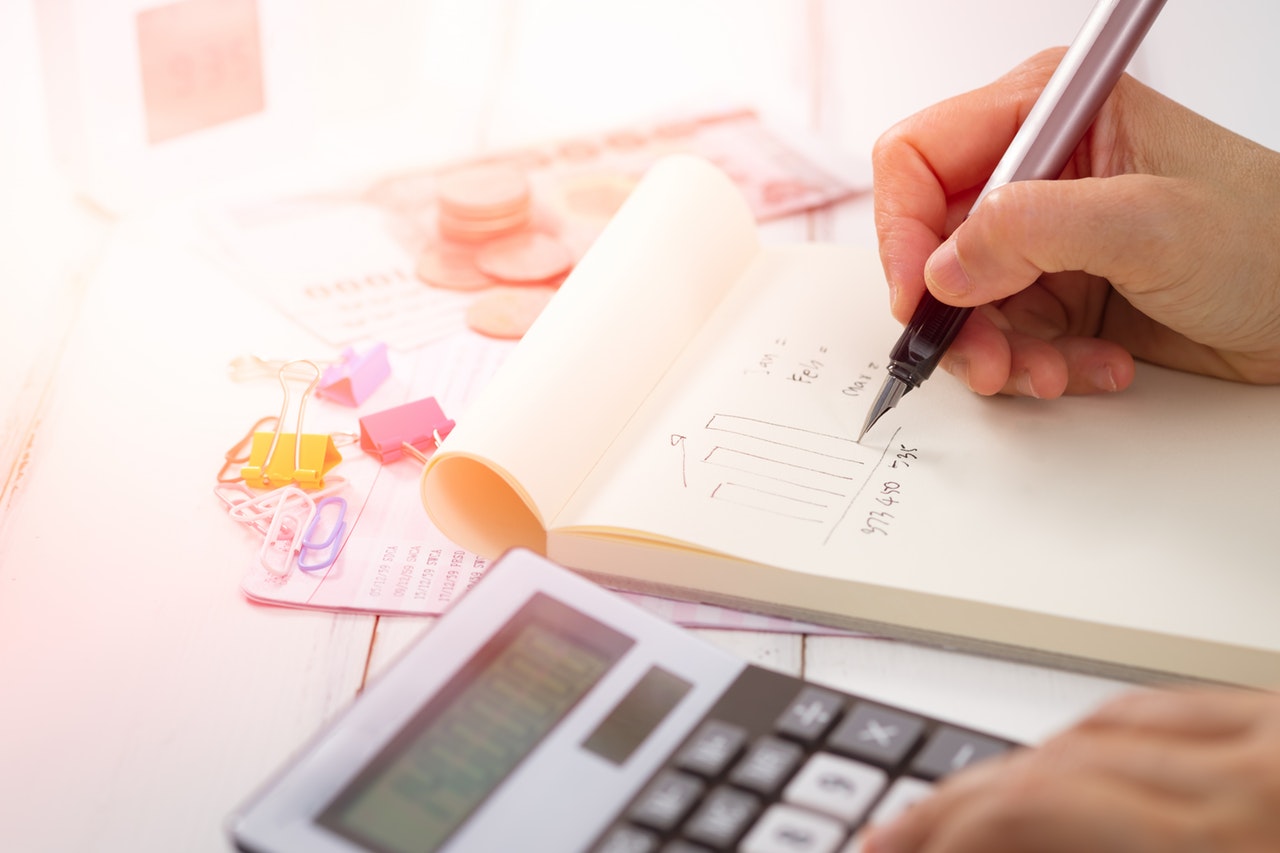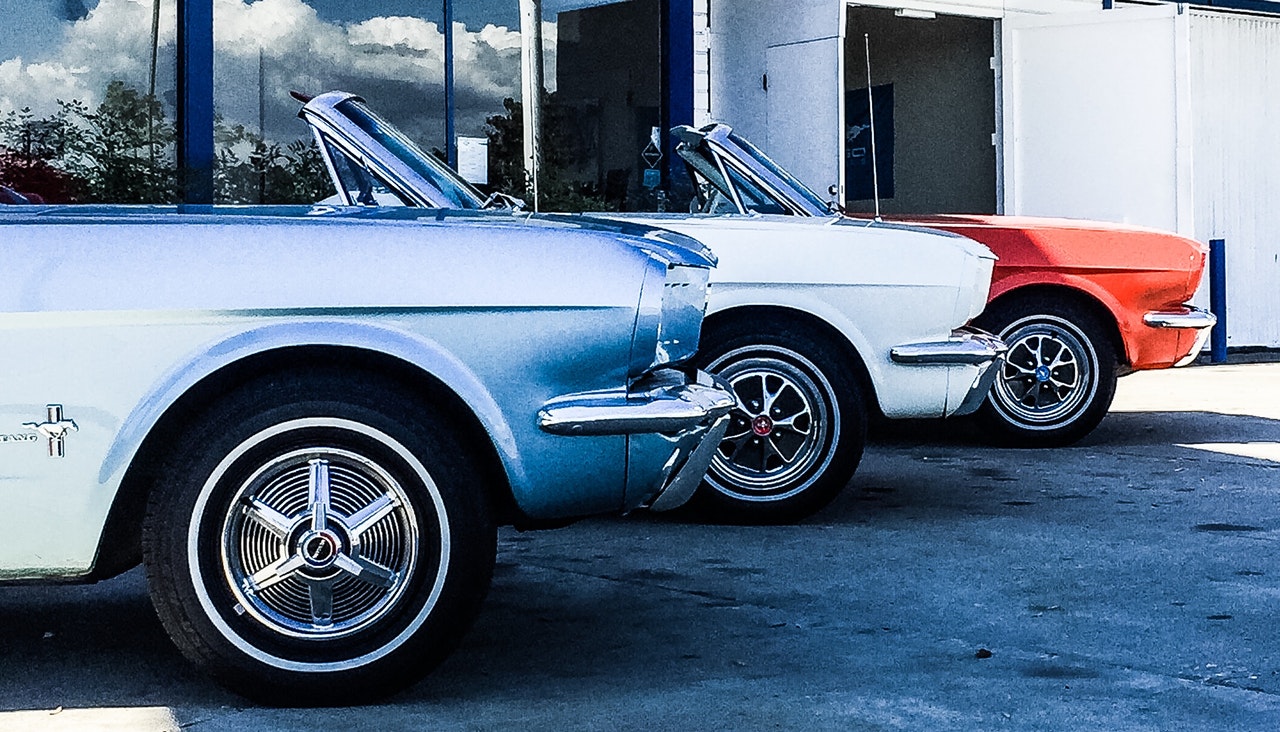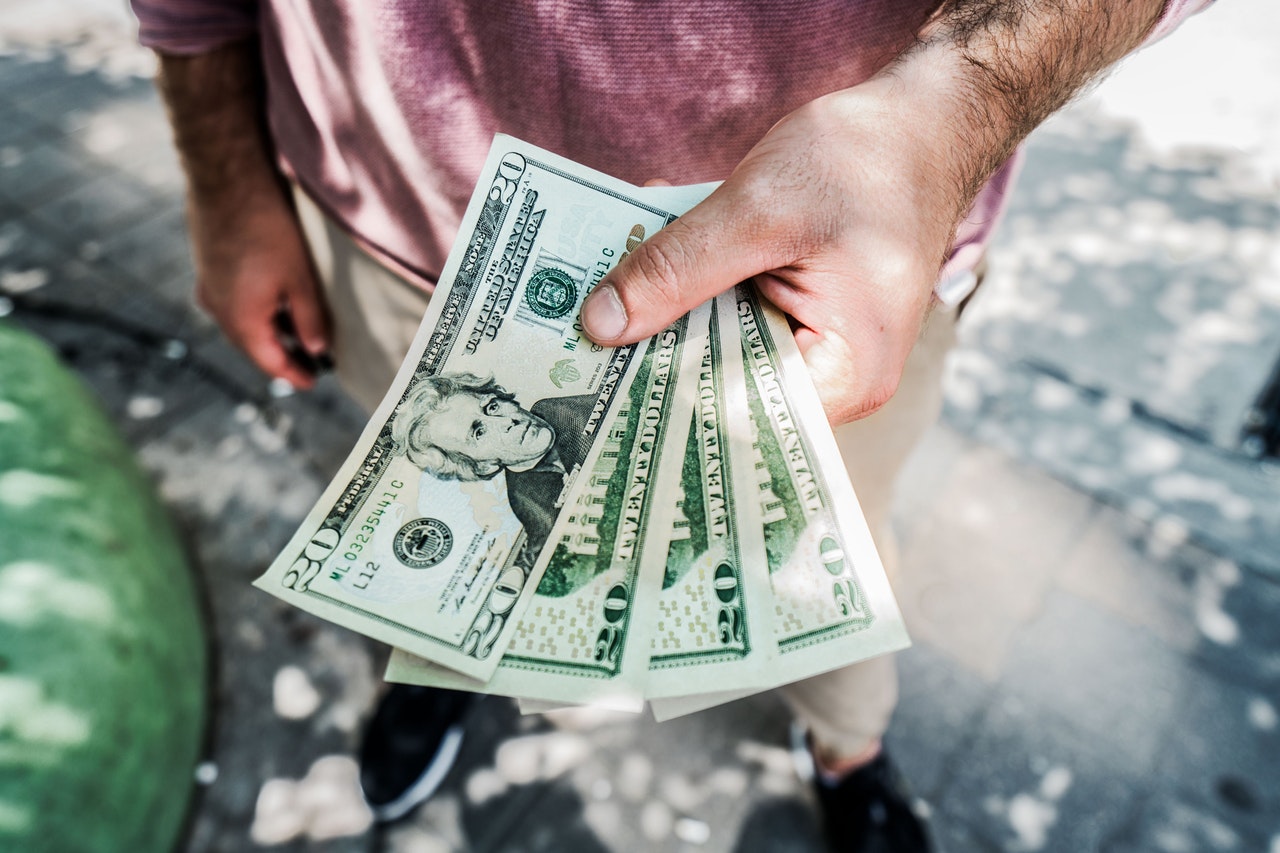Most people believe that credit cards are like money, when in fact it’s a short-term loan provided by a bank. Using credit cards is so convenient, but if you’re not careful, you can end up in a massive pile of debt.
Here are seven things you should never put on a credit card:
1) Taxes

We know it’s tempting to pay your taxes with your credit card, but it’s not a good idea to do that if you want to save money since the IRS charges a fee of up to 2 percent.
2) Tuition

Don’t pay for your education with your credit card if you don’t want to hurt your credit score. Large purchases like this can hurt your credit utilization ratio.
3) Medical bills

There are other alternatives to paying your medical balances with your credit cards such as low- or no-interest payment plans or negotiating lower bills altogether.
4) Vehicles

We don’t recommend you to buy a car or any other vehicle with your credit card if you don’t want to max it out or hurt your credit score. It’s best to shop around for a car loan with fewer interest charges.
5) Mortgage payments

Some mortgage companies don’t accept direct payments with credit cards, and they use a third party for it. And these third parties may charge exorbitant interest rates.
6) Cash advances

Cash advances are withdrawal or short-term loans where you’re borrowing against your credit card account. Banks charge costly fees and interest rates; therefore you should avoid it. Look for other options or find a credit card that offers a low-interest fee for these types of loans.
7) Small Purchases

Since credit cards are so handy, you might think it’s a good thing to pay for small items with it. But if you’re not careful that might turn against you and ruin your budget.

